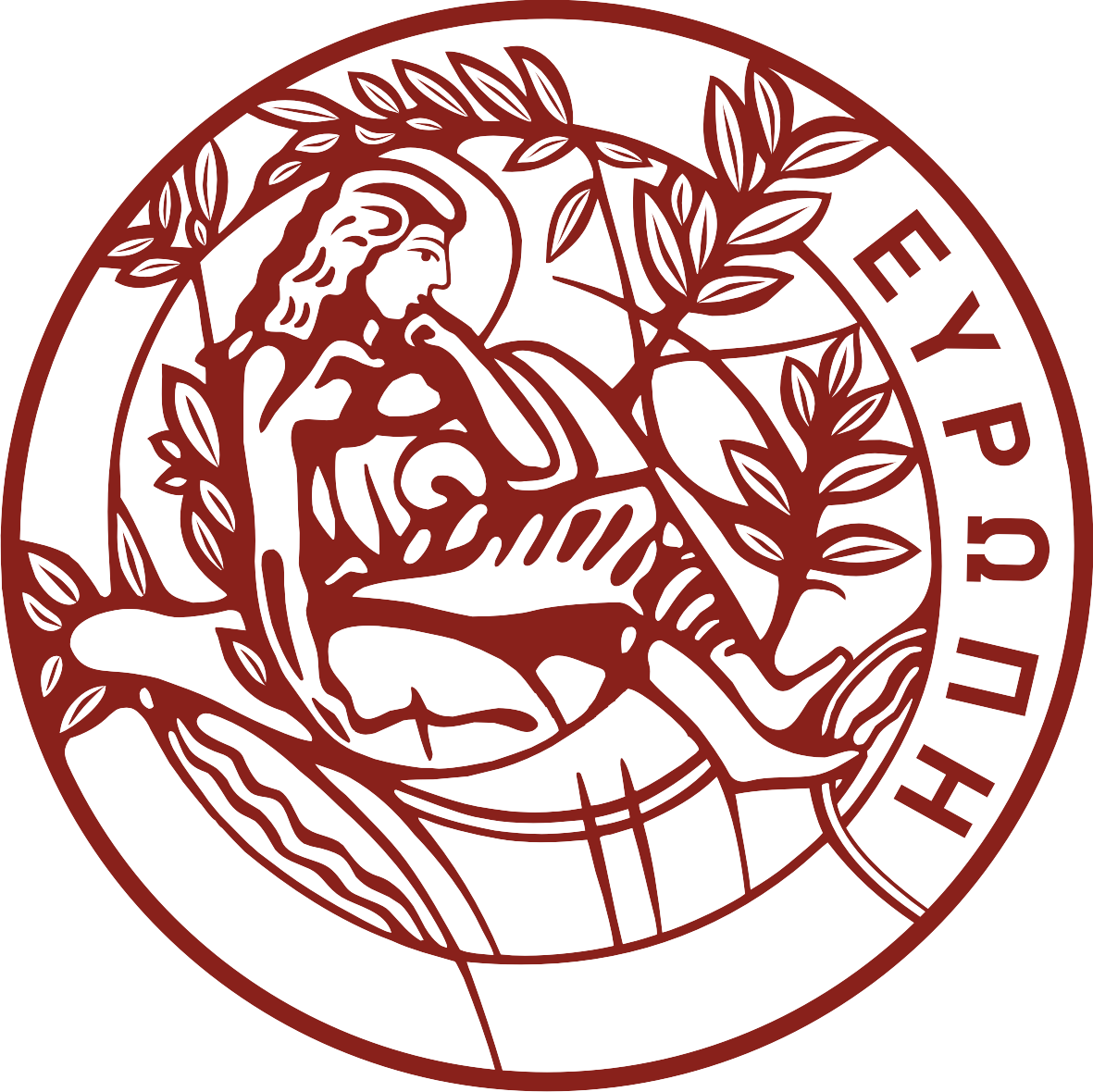In Computer Architecture, we design the compute, communication, and memory subsystems of modern infrastructures –Datacenters and High Performance Computers (HPC)– to achieve the highest possible performance at low cost and at the best possible energy efficiency given the properties of the microelectronic circuits out of which we build them. We work in tight collaboration with the CARV Laboratory of FORTH-ICS, within the European Processor and the European HPC Research Programme, where Greece, with central contributions by our group, is among the leading countries. We also collaborate with industry and promote entrepreneurship and commercialization of novel research outcomes.
We have made pioneering contributions in Interconnection Networks and Interprocessor Communication, with a long history of more than four decades that also includes Reduced Instruction Set Computer (RISC) architectures, where now we actively contribute through RISC-V International.
Our current work and interests also include memory hierarchies (caching, coherence, consistency) for manycore, vector, and parallel systems, accelerators and graphics processor units (GPU), high-throughput and low-latency interconnects (switches, network interfaces), and power-efficient servers. We emphasize research that goes hand-in-hand with building real, working, innovative prototypes, using field-programmable gate-array (FPGA) and integrated circuit (VLSI ASIC) technologies, co-designing our hardware with the systems and parallel software and applications that run on it.
In this page you will find the research activities that are currently being carried out in CSD according to the research areas that the faculty members are actively contributing to.
The Graduate Studies Program in the Computer Science Department at the University of Crete is carried out in close cooperation with the Institute of Computer Science (ICS) of the Foundation of Research and Technology (FORTH). This collaboration includes:
(1) Researchers and scientists from ICS-FORTH may undertake the teaching of graduate courses.
(2) Researchers from ICS-FORTH may participate in the supervision of M.Sc. and Ph.D. theses, after approval by the Coordinating Committee for Graduate Studies and by ICS-FORTH.
(3) After application by a supervisor or by the Coordinating Committee for Graduate Studies, and assuming permission is granted by ICS-FORTH, graduate students may be given access to the hardware, software and in general the laboratory facilities at ICS where they may carry out part or all of their research.
(4) The Department and ICS-FORTH may jointly invite professors and researchers from other institutes of higher education within Greece or in other countries to give seminars, lecture series, even complete courses, and to collaborate research-wise with researchers and graduate students of the Department and of ICS-FORTH.
(5) The Institute of Computer Science at FORTH provides a number of bursaries for graduate students and supports financially collaboration of graduate students with other Institutes of Higher Education and Research Centers, within its limits and in accordance with the familiar stipulations.



 Announcements
|
News
Announcements
|
News

